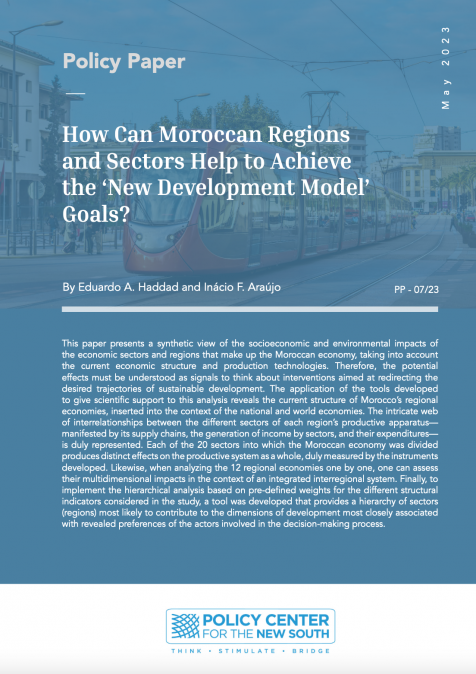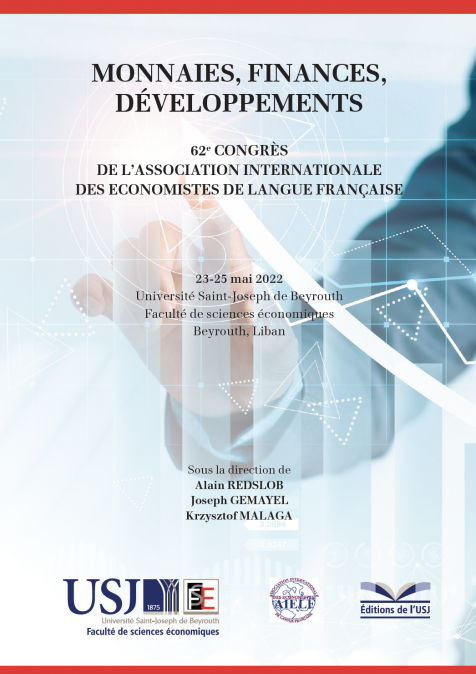Publications /
Policy Brief
Este artículo se publicó originalmente en legrandcontinent.eu
Varios países africanos están ascendiendo silenciosamente en la cadena de valor de los vehículos eléctricos.
Campo de batalla de la rivalidad sino-estadounidense por los materiales críticos, África podría encontrar una oportunidad en la nueva fragmentación mundial de las cadenas de suministro.
Estudio de caso de la República Democrática del Congo.
Las sucesivas perturbaciones de las cadenas de suministro durante la década de 2010 y los primeros años de la de 2020 han llevado a los responsables políticos y económicos, especialmente en Estados Unidos y Europa, a plantearse formas de mitigar los riesgos asociados a la fuerte dependencia de un número limitado de proveedores, especialmente China.












